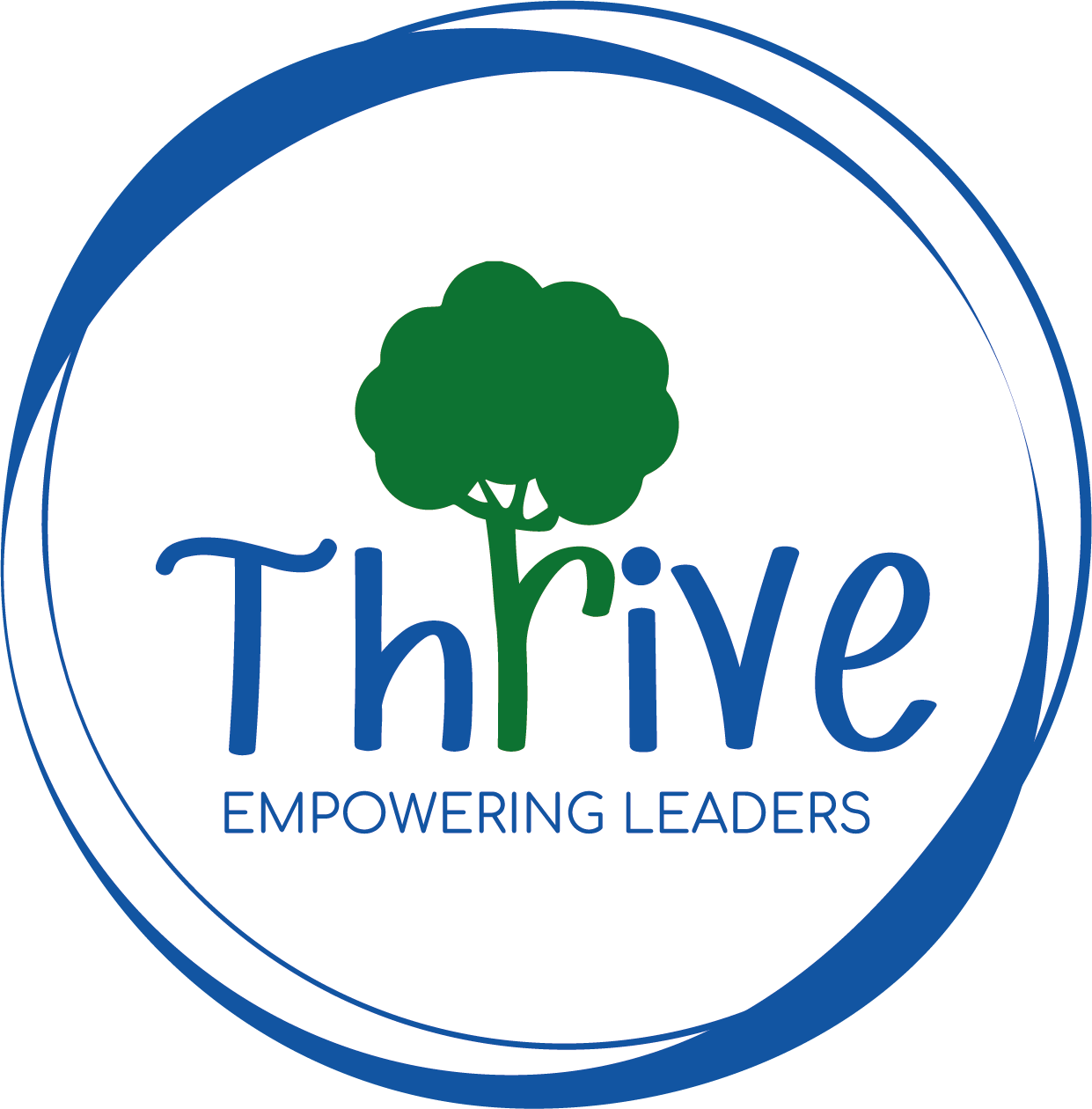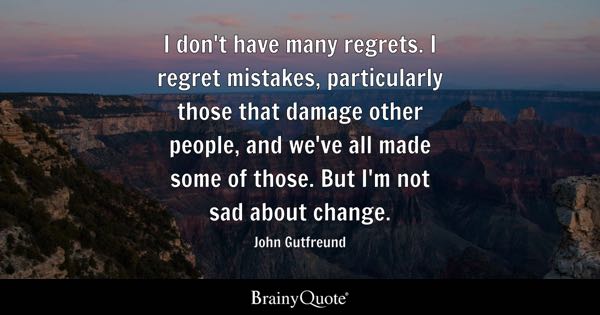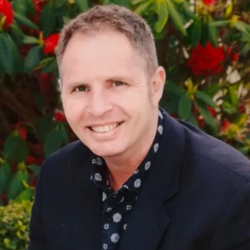
Empowering Principals & Leaders to THRIVE
Should've
by Steve Zonnevylle / 12th February 2024

THE STORY
Should've, Could've, Didn't
Our lives are full of regrets. Little ones, medium size ones, and big ones. Some are even HUGE, but most are pretty inconsequential.
My life is probably just like yours - jammed packed with them.
My professional "Should Haves" lie in a lovely long line, just like my personal ones.
That's what we call life. There's nothing even remotely complicated about that.
The difficulty comes not in the regrets that we have, but in the way in which these regrets affect where we are in the present and in the now.
Much of what we do when we are in this regretful mode is reactive. And, dare I say it, this can often be kind of destructive.
Destructive to our own well being, and sometimes even destructive to those around us.
It shouldn't be this way. This shouldn't be your default setting. (I write this statement as much for me and I do for you!)
I find that being as proactive as possible during these times, when things don't quite go to plan and you feel yourself pulling out the SHOULD'VE word.
Below you'll find a list of things you can do when you find yourself being overly regretful.
But firstly here is a list of SHOULD'VE clangers in my professional life that at the time I battled to get over.
These days I look at them almost with a sense of charm - they add to the story of my life. They give my journey a bit of colour and character.
Some of them I now find funny to recount. Basically because I can see the lessons that I learnt on reflection. But at the time I was mortified.
1. The time I met with a very short parent of one of my more troublesome students. We had a very proactive, positive meeting. As we walked out of the classroom, I turned to her and said: "It'll all be ok". Nothing wrong with this picture so far. But then, (and lord only knows why I did this), I found myself patting her on her head - it was meant to be calming and supportive - but it wasn't! It was so demeaning and patronising. I meant none of this of course .... I SHOULD'VE just walked out with her and left it at that ... but oh no! Next time I saw her I was soooo embarrassed!
2. The time we filled a school bus full of birthday balloons as a treat for an autistic child's birthday. It seemed a lovely way to end what was a lovely celebratory day for him at school. I didn't know that he had a major fear of balloons, and as we put him on the bus his whole life collapsed in front of us all.
The time I helped a Parent who was struggling to light the school BBQ. They didn't tell me that they'd been trying to get it going for about 20 minutes before calling me. As a result there was a lot of unseen gas lying around in the tray of the BBQ. When I pushed the ignite button, the whole thing burst into a fire flaming singeing my eye brows and giving me the shock of my life!
4. The time I took a diabetic student on camp three hours away from our town. I assumed that she had her diabetic testing kit all up to date in her bag. I didn't check. And yes her kit was in her bag, but there were some important things missing - like the testing strips, which made doing a test really, really difficult.
5. The time in my very first Principalship that I had to present the end of year speech at prize giving and I left my speech at home. No mobile phones or devices in those times; just a hall full of very interested adults, keen to hear what I would say. I had to adlib the speech, and it was awful! For many in the audience this was the first time they had met me. I bumbled my way through, somehow.

So what?
What does research tell us about REGRET?
Scientists have found that regret is a pretty universal emotion. It's not just about big decisions either; even small stuff like choosing the wrong line at the grocery store can lead to regret.
Interestingly, regret isn't just about feeling bad. It can also motivate us to make better choices in the future. So, while it might sting in the moment, it can actually be a valuable learning experience.
Some researchers even argue that regret plays a role in shaping our identities and guiding our behaviour. So, next time you're kicking yourself over a decision, just remember, it's all part of the human experience!


TEN WAYS OF BEING MORE PROACTIVE IN TIMES OF REGRET
- Reflect and Learn: Take a moment to think about what went wrong and what you could have done differently. It's like a mini post-game analysis to learn from your mistakes.
- Acceptance: Acknowledge that regret is a natural part of life. It's okay to feel it, but don't let it consume you. Acceptance is the first step towards moving forward.
- Make Amends: If your regret involves hurting someone else, try to make things right. Apologise, make amends, or simply learn from the experience to be better in the future.
- Focus on the Present: Don't dwell too much on the past. Shift your focus to the present moment and what you can do right now to improve things.
- Set Goals: Use your regret as fuel to set new goals and aspirations. Channel that energy into something positive and productive.
- Take Action: Instead of wallowing in regret, take action to change things for the better. Whether it's seeking a new opportunity or making a different choice, don't just sit on the sidelines.
- Practice Gratitude: Focus on the things you're grateful for in your life. It can help put your regrets into perspective and remind you of the good things you have.
- Seek Support: Talk to friends, family, or a therapist about your regrets. Sometimes, sharing your feelings can help lighten the emotional load.
- Forgive Yourself: Be kind to yourself. Everyone makes mistakes, and beating yourself up over them won't do any good. Forgive yourself and move forward with compassion.
- Live with Intention: Make a conscious effort to live your life with intention and purpose. Take control of your choices and actions, so you're less likely to end up with regrets down the road.
Remember, dealing with regret is all about taking proactive steps to learn, grow, and move forward. It's not always easy, but it's definitely worth it in the long run!

Watch these TED talks for more information and inspiration...
About the Author:
Steve is an articulate, creative, and competent professional. He values the fostering of positive relationships and revels in working within team environments. The majority of his working career has been in leadership positions in Education. He has nearly 30 years of Primary Principal experience in the New Zealand school setting. He brings to Thrive a multitude of skills that cross over successfully in many working environments.His passions include music, writing and running.
However the thing he loves most is connecting with fellow human beings and working alongside them in order to support them in being the very best that they can. Steve is passionate about Principalship. He believes that being a Principal is one of the most important and privileged vocations on the planet. However he feels saddened that the role now appears to have become so complex and vast that quality people no longer see it as a long term career like he was able to enjoy, and instead shine bright and then burn out far too soon.
He sees this as a perfect conduit to express his own skills and expertise in a manner that will guide and support Principals so that they too can continue to grow in a positive and healthy manner for many, many years.

Steve Zonnevylle
